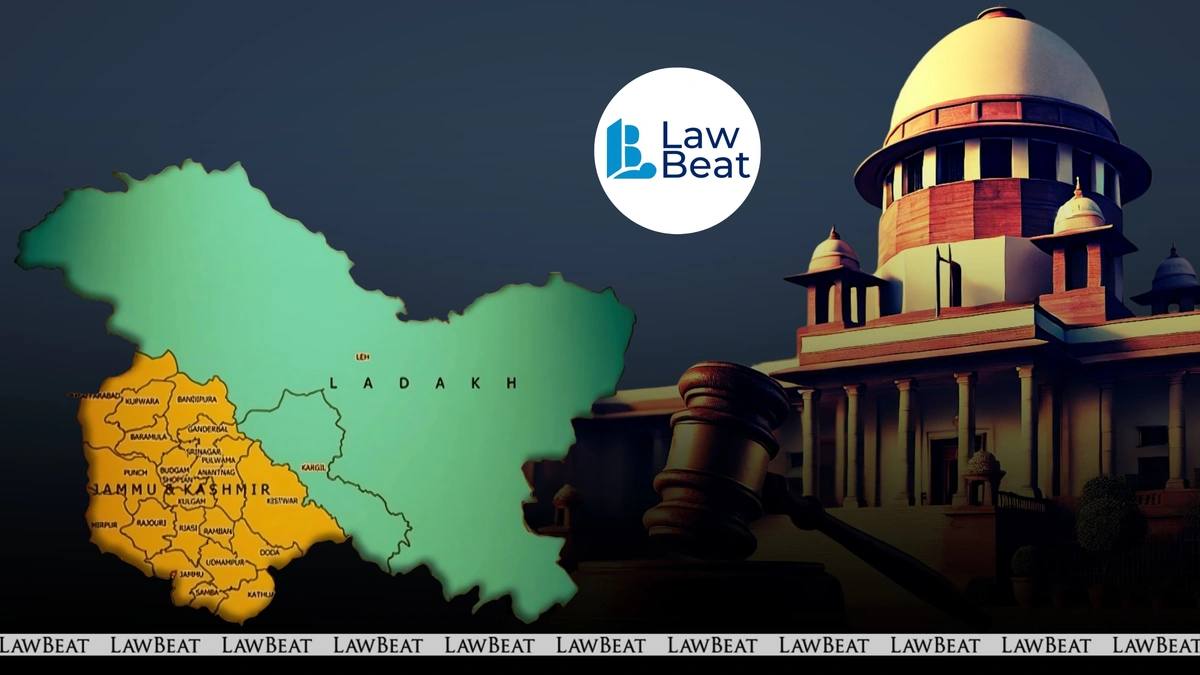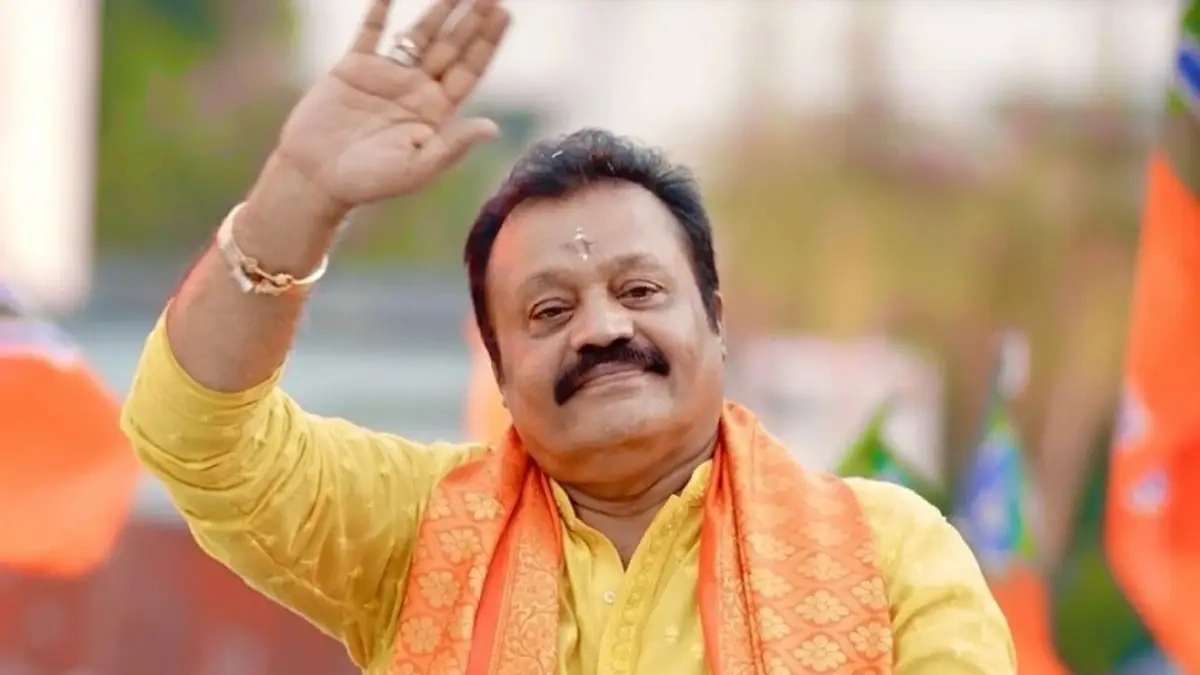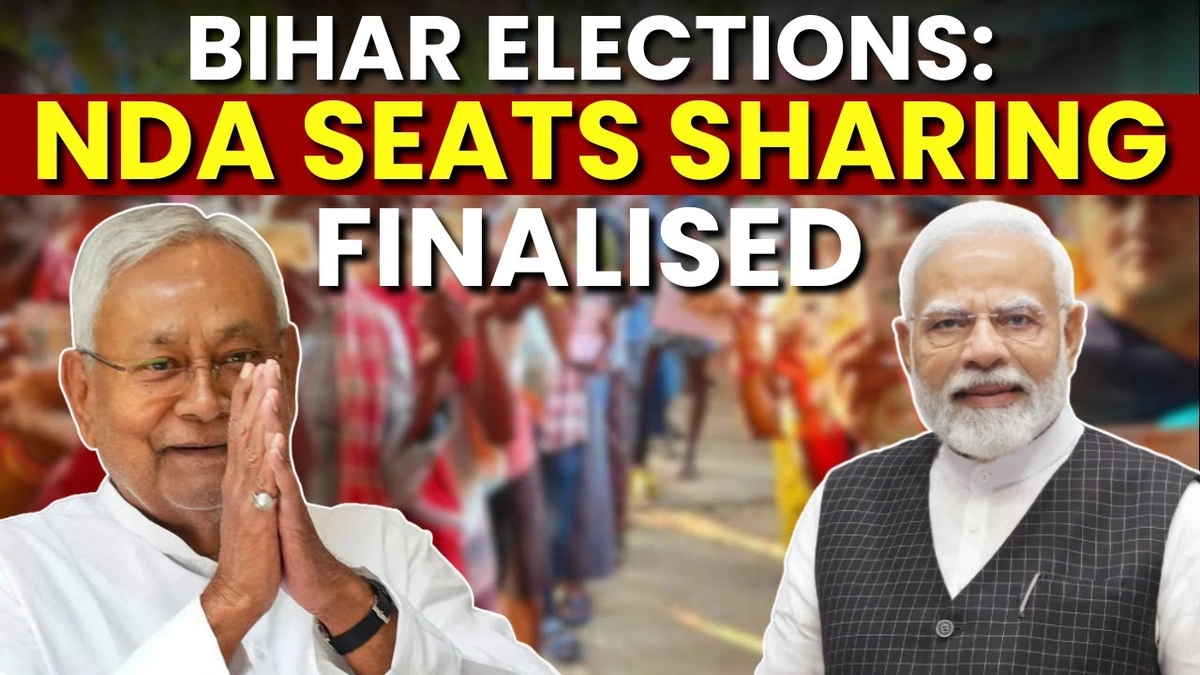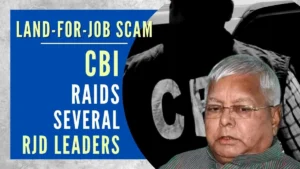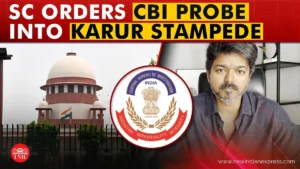Supreme Court Directs Centre to Reply on J&K Statehood Restoration in 4 Weeks
The Supreme Court has dropped a bit of a bombshell, hasn’t it? Giving the central government just four weeks to respond on the matter of restoring statehood to Jammu and Kashmir – J&K Statehood. It’s not just news; it’s a loaded statement, a chess move with implications that ripple across the political landscape and directly impact the lives of millions. So, let’s cut through the noise and figure out why this matters so much.
Why This Four-Week Deadline Is a Big Deal
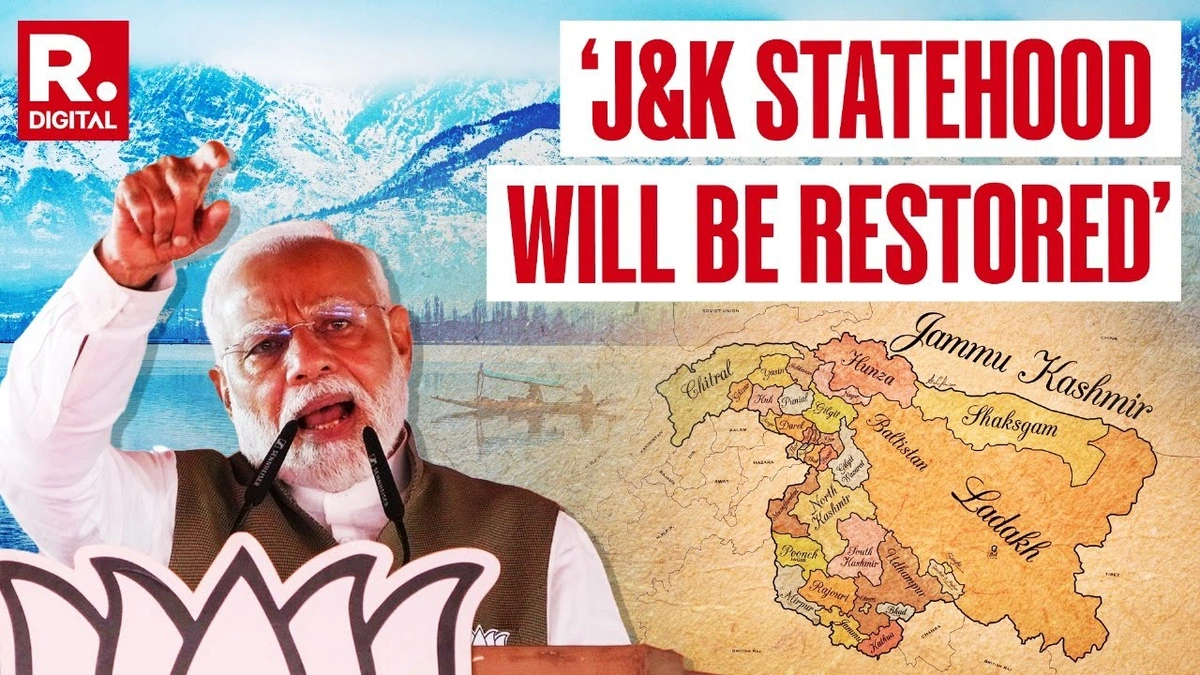
First, let’s be honest, this isn’t just about administrative procedure. It’s about fundamental rights, about democracy, and about the very idea of India as a union of states. The abrogation of Article 370 and the subsequent bifurcation of J&K into union territories were…controversial, to say the least. Many saw it as a necessary step to fully integrate the region, while others viewed it as an assault on federalism and the rights of the Kashmiri people. That’s where this development becomes significant.
The Supreme Court setting a deadline, a firm four-week timeline, suggests they’re treating this with the urgency it deserves. This isn’t some bureaucratic delay; it’s a matter of constitutional importance. Think of it like this: the court is saying, “Okay, government, you made a big move. Now, justify it. Show us the roadmap back to normalcy, back to a fully functioning democracy.” This places immense pressure on the Centre to articulate a clear, convincing plan.
But what fascinates me is what happens after the reply. Will the court find the Centre’s response satisfactory? Will they demand a more concrete timeline for restoration? Or could this even lead to further legal challenges? The possibilities are endless, and that’s what makes this such a pivotal moment.
The Political Tightrope Walk
Here’s the thing: J&K is not just a piece of land; it’s a highly sensitive geopolitical area. Any decision regarding its status has international ramifications. Pakistan, for example, has consistently challenged India’s actions in the region. Restoring statehood – or not restoring it – will undoubtedly fuel further debate and potentially impact diplomatic relations. It’s important to consider the political implications here.
And then there’s the internal politics. The political landscape in J&K has been dramatically altered since 2019. New political alliances have emerged, old ones have fractured, and the voices of the Kashmiri people are more crucial than ever. How will the restoration of statehood impact these dynamics? Will it pave the way for fair and democratic elections? Will it empower local leaders and give them a greater say in their own future? The answers to these questions are complex and far-reaching.
What fascinates me is the tightrope walk the government must perform. They need to balance national security concerns with the democratic aspirations of the Kashmiri people. It’s a delicate act, and the Supreme Court’s directive adds another layer of complexity. The future of J&K hangs in the balance.
What Does This Mean for the Average Kashmiri?
Let’s get real. For the average Kashmiri, this isn’t about legal jargon or political maneuvering; it’s about their everyday lives. It’s about having a voice in their government, about feeling safe and secure, and about having the opportunity to build a better future for themselves and their children. It is about fundamental rights .
The lack of statehood has had a tangible impact on the region. Decisions are often made by administrators appointed by Delhi, and local concerns can sometimes get lost in the shuffle. Restoring statehood would mean a return to a more representative form of government, where locally elected officials are accountable to the people they serve.
I initially thought this was straightforward, but then I realized the emotional weight this carries. It’s about dignity, about identity, and about the right to self-determination. For many Kashmiris, the restoration of statehood is not just a political issue; it’s a matter of restoring their sense of belonging and their faith in the Indian democratic system. And let’s be clear, for many, there is a feeling of loss of autonomy that needs to be addressed.
The Road Ahead | Challenges and Opportunities
So, what’s next? The Centre has four weeks to respond. What they say, and how they say it, will be crucial. But beyond that, it’s up to all stakeholders – the government, the political parties, and, most importantly, the people of J&K – to work together to build a peaceful and prosperous future for the region.
But here’s the thing: restoring statehood isn’t a magic bullet. It won’t solve all of J&K’s problems overnight. There are deep-seated issues of security, development, and governance that need to be addressed. But it’s a crucial first step, a foundation upon which a more just and equitable society can be built. The Jammu and Kashmir Reorganisation Act will continue to be debated.
I initially thought this was straightforward, but the reality is far more nuanced. This is about healing old wounds, building bridges, and creating a space where all voices can be heard. It’s a long and challenging road ahead, but it’s a road worth traveling.
This whole situation underscores the importance of constitutional guarantees .
And remember, the world is watching .
FAQ About J&K Statehood
What exactly does ‘statehood restoration’ mean?
It means J&K would once again have its own elected government and legislative assembly, as opposed to being directly ruled by the central government through a Lieutenant Governor.
Why was statehood revoked in the first place?
Statehood was revoked in 2019 when Article 370 was diluted, and the state was bifurcated into the Union Territories of Jammu and Kashmir and Ladakh.
What happens after the Centre submits its reply to the Supreme Court?
The Supreme Court will review the Centre’s response and decide whether to accept it or issue further directives. It could lead to further hearings and legal arguments.
What if I want to stay updated on this case?
Keep an eye on reputable news sources and legal websites for the latest developments. The Supreme Court website will also publish orders and judgments related to the case.
Could this decision affect other states in India?
Potentially, yes. The legal principles and precedents set in this case could have implications for the balance of power between the central government and state governments across India.
In conclusion, the Supreme Court’s directive isn’t just a legal matter; it’s a human one. It’s a reminder that justice delayed is justice denied and that the voices of the Kashmiri people deserve to be heard and respected. The next four weeks will be crucial in shaping the future of J&K – a future that hopefully will be built on the principles of democracy, equality, and justice for all. This is a complex situation with a long history, but one thing is clear: the world is watching. I initially thought this was straightforward, but then I realized how complex this situation is.
